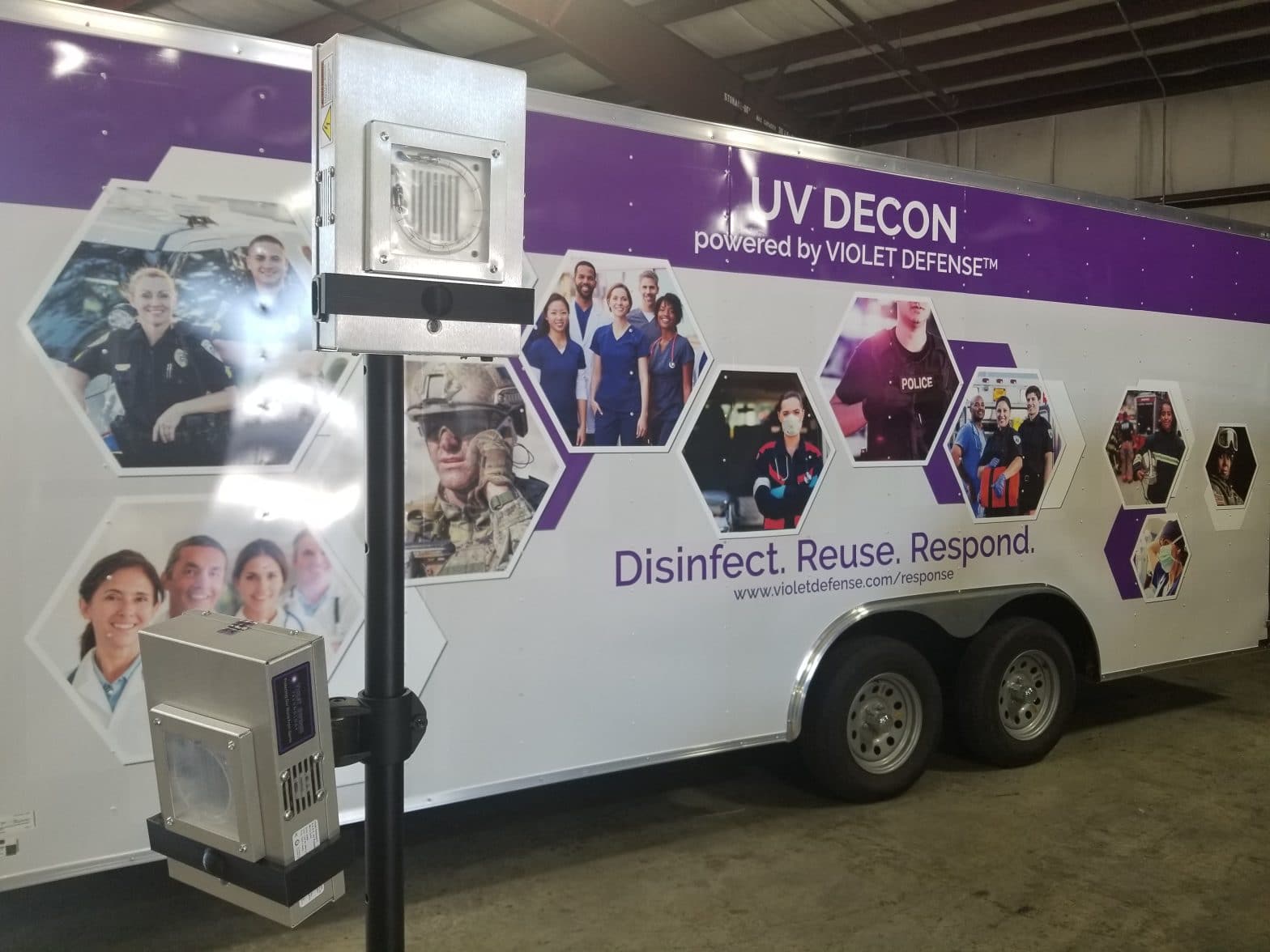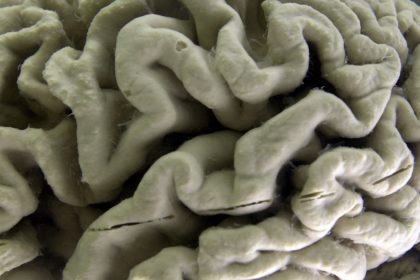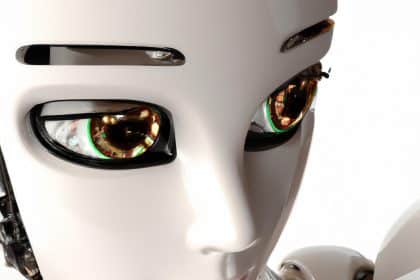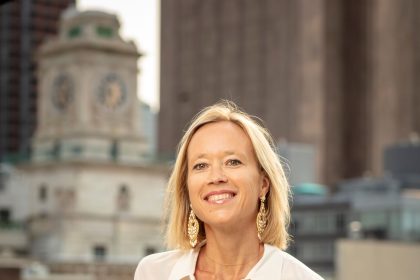Orlando Firm Harnessing UV Rays to Defeat the Coronavirus

Like a lot of us, Mark Nathan noticed that no matter how successful a business trip had been, he regularly returned home only to fall ill from the bacteria and viruses he encountered on airplanes, in hotel and conference rooms and everywhere in between.
What sets Nathan apart is that he decided to do something about it, and that decision ultimately placed him on the front lines fighting the coronavirus pandemic.
Trained and educated as a scientist and engineer, Nathan began experimenting with UV light and various ways to boost its germ-killing energy ability.
“Think of ultraviolet light as coming in three flavors,” said Terrance Berland, president and CEO of the company that would come of all this research, Violet Defense.
“Basically, you’ve got flavors A, B and C and the sun produces a bunch of it,” he explained. “A and B are what give you a sunburn. C we don’t get too much of because it’s blocked by the ozone layer.
“What our technology does is use a special ultraviolet source, a Xenon bulb, that flashes like a strobe light, and when it does it produces all three of the flavors on the spectrum,” he said.
Once he understood the germ-killing ability of the UV light source, Nathan developed a specialized lens that would both beef up the light’s disinfectant power and keep the system small enough to make it highly mobile and deployable.
Quality assurance testing showed Nathan’s bulb kills up to 99.9% of harmful bacteria and viruses on surfaces and in the air, including the stubbornly death-resistant norovirus.
He founded Violet Defense in 2012 to continue his research and development of new products using his patented technology, and Berland joined the company four years later, after his venture firm gave the fledgling business its first serious infusion of financial support.
The Orlando, Florida-based company’s first product line, called the Surface Air Germ Elimination System, hit the market in May 2017. It has since been deployed in operating rooms, hotels, schools, ambulances, food processing, and athletic facilities.
Now Violet Defense is deploying its technology as a solution to help municipalities, the military and first responders disinfect personal protection equipment (PPE) for reuse in the fight against the pandemic.
It’s an effort backed, as of mid-April, by more than $10 million in venture funding. And the company is now working with Advance Concepts Studios, a Koch Industries incubator, in a design collaboration to address PPE and mask issues associated with the coronavirus crisis.
On a day-to-day basis, the partnership is engaged in a concerted effort to combat one of the greatest challenges facing healthcare professionals working on the front lines today – access to clean protective equipment, particularly masks.
Its goal is to deploy mobile UV decontamination units to sheriff’s departments, hospitals and anywhere else they are needed across the country.
“To address the critical shortages in PPE right now, we have to look at more than just increasing production of these items,” said Eric Peterson, leader of growth strategies with Advance Concepts. “We need to be able to safely reuse what we’ve already got.”
“As for our collaboration with Violet Defense,” he continued, “what we’re doing is enabling them to tap into our deep expertise in everything from electronics to medical devices to manufacturing and human centered design, to make these units more easily manufacturable, more user-friendly, and more easily scalable across the country and beyond.”
“At the most basic level, our early stage incubator is a tool to help early stage companies like Violet Defense get off the ground and accelerate quickly. What we’re doing here is leveraging our capabilities for that purpose.”
“We see this as a huge opportunity, and obviously, from a social importance standpoint, there’s no better thing we could have jumped into and put our efforts behind,” Peterson said.
The finished UV Decon units Violet Defense and Koch Industries are creating resemble large, portable shipping containers, but with very critical internal mechanisms.
Inside, the units feature multiple Violet Defense-designed pulsed xenon UV lights, metal storage racks and walls lined with reflective material. These racks can be loaded with the PPE nurses and doctors rely on for personal safety.
The system works relatively quickly, disinfecting equipment in less than two hours, and reducing the need to dispose of masks, gowns and eye gear that have become precious resources.
The largest model – the UV Decon Macro 40 – is designed to disinfect up to 30,000 masks a day.
“This is going to save lives on the patient side, but it’s also going to allow healthcare workers to stay in the fight longer,” Peterson said.
Serg Albino, another member of the team, is a serial entrepreneur with a background in the aerospace industry. Among the many companies he has started is Ecospears, which has created a solution for detoxifying soil and groundwater.
Among the hats he now wears is helping to distribute Violet Defense’s technology. On the day he spoke to The Well News, he was in Seminole, Florida, where he’s just deployed a UV Decon unit for the sheriff’s department.
“The beauty of this technology is you can use it anywhere you have a source of power – like a traditional wall outlet or a generator,” he said. “And you can use it to decontaminate just about anything.
“It’s not just N95 masks. We can decontaminate their equipment too, everything from their duty belts and firearms to shields, hazmat gear, computers … their vehicles,” Albino said. “I mean, just today we were talking to the sheriff’s department about decontaminating an Airbus helicopter.
“We approach every potential user of the technology as a partner, and there’s a lot of educational back and forth about their needs,” he said. “Where we excel is in providing them a solution for decontaminating things you wouldn’t want to spray down with chemicals.”
Berland noted that he first had a conversation with the Seminole County Sheriff’s Department three years ago, about essentially the same technology it is using today.
“What’s changed with the pandemic is we’re looking at a completely different risk/reward picture … along with how important it now is to kill the germs in the air,” he said. “Three years ago, we made almost exactly the same presentation, but at the time, decontamination wasn’t a big enough priority. Now it’s priority number one.”
Berland said as a result of the pandemic, demand has grown exponentially for a product that can clean the air as well as surfaces and decontaminate anywhere that light can reach.
“In the last three months, as we’ve begun building out this pipeline, we’ve seen our committed orders jump to seven times what they were in February and our expectation is this is only the start,” he said. “Even after the pandemic subsides, people are going to be striving for resiliency. There’s no telling how big we can grow.”
























